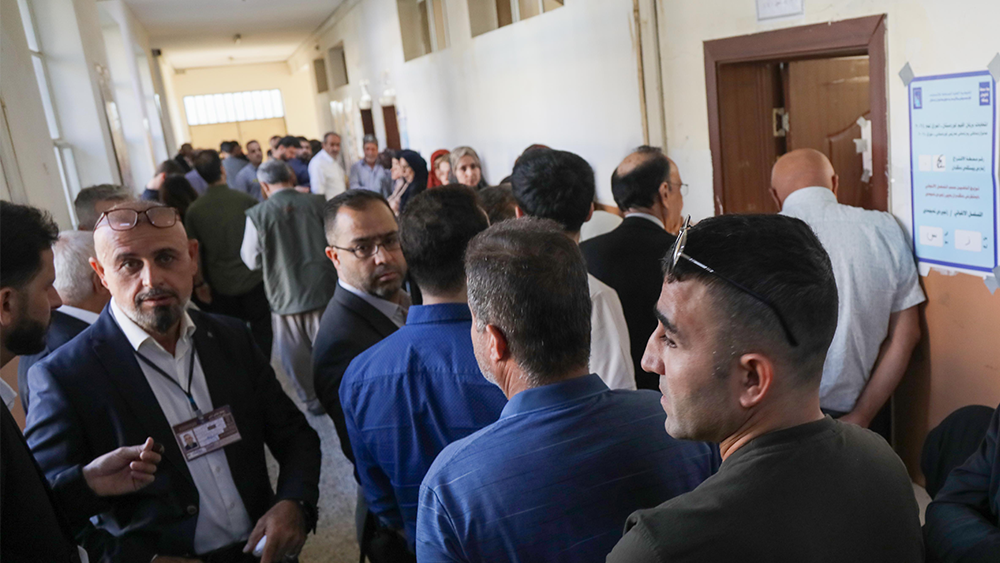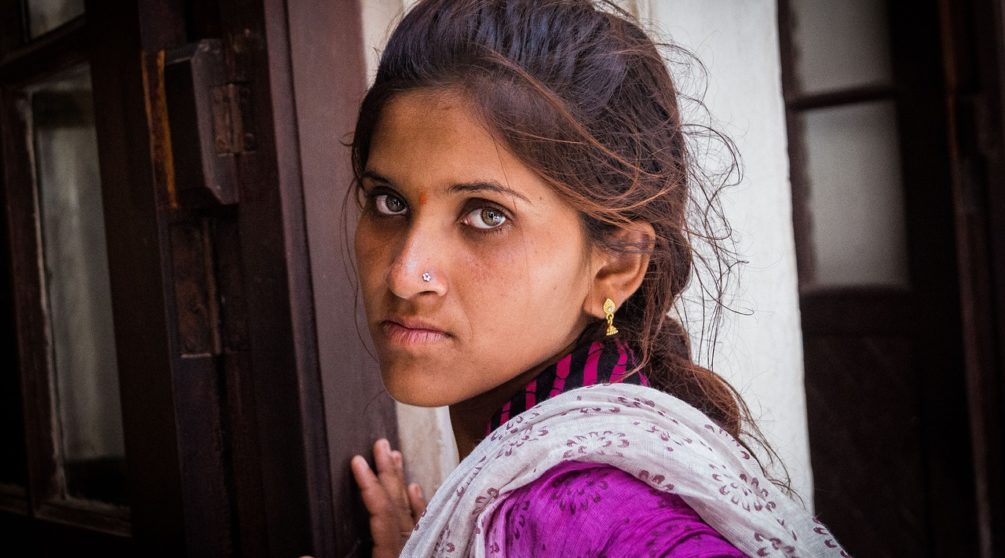ANALYSIS. In an otherwise turbulent region, the regional elections in Iraqi Kurdistan on 20 October turned out to be tranquil and respectful. Everything went smoothly, writes Qassim Khidhir.
The opinions expressed in this article are those by the author.
On October 20th, Iraqi Kurdistan held its sixth parliamentary elections, marking another important chapter in the region’s history. The first elections in Kurdistan took place in 1991, following a popular uprising against Saddam Hussein’s dictatorship. The people of Kurdistan declared their region autonomous, establishing a government and parliament of their own.
This year’s election saw an impressive voter turnout, with 72% of the 2.9 million eligible voters participating. This was a notable increase from the 59.8% turnout in the previous 2018 election. The high turnout reflected the importance of this election, where 1,191 candidates were competing for 100 parliamentary seats, along with five quota seats for Christian and Turkmen minorities. Nine major political parties were in the race, but much of the focus was on defeating the Kurdistan Democratic Party (KDP), which has been a dominant force in the region’s politics since 1991.
The KDP, alongside its long-time rival, the Patriotic Union of Kurdistan (PUK), has governed the Kurdistan Region in a power-sharing deal for over 30 years. These two parties, despite their history of conflict—including a civil war in the 1990s—have remained the most influential political forces in the region. In this election, many parties, particularly the PUK, campaigned on the promise to end the KDP’s rule. The PUK’s strong campaign message was aimed at winning a majority to break the KDP’s grip on power. Meanwhile, the KDP’s campaign focused on themes of “Prosperity, Security, Resilience, and Unity,” seeking to maintain its leadership.
Election day proceeded smoothly, with no major incidents. Observers and international bodies called it the most transparent and democratic election in Kurdistan’s history since 1991. Early results show the KDP as the clear winner, securing 45% of the votes and 40 seats. The PUK followed with 23 seats. Despite calls for change, the election results suggest that the majority of people in Kurdistan continue to support the two traditional Kurdish parties rather than newer political groups.
However, the election also revealed important changes in the political landscape. One of the most striking outcomes was the near collapse of the Gorran (Change) Movement, which had been a major opposition party since its founding in 2009. Gorran once held 25 seats in the parliament but managed to win only one seat this year. The party’s sharp decline is largely linked to the death of its leader, Nawshirwan Mustafa, in 2017. Without his leadership, Gorran has struggled to maintain its political influence.
On the other hand, the New Generation Movement, a newer opposition party founded by Shaswar Abdulwahid in 2017, made significant gains. In 2018, New Generation secured eight seats, but this year, it doubled its success by winning 15 seats, showing that voters are open to new political alternatives.
Women also played a significant role in this election, with a 30% quota for female parliamentarians. One standout candidate was KDP’s Vala Fareed, who received over 13,000 votes, making her the top female candidate in this election.
This election was especially important for the Kurdistan Region because it brings renewed legitimacy to the parliament and government. The current government had been acting as a caretaker for nearly two years, as the region had missed the deadline to hold new elections. With the new parliament in place, the region can move forward.
One of the biggest challenges facing the new parliament will be drafting and passing a constitution for the Kurdistan Region. For years, Kurdish leaders, particularly from the KDP, have pushed for a regional constitution separate from Iraq’s. This issue is likely to be a major focus in the coming years.
The international community responded positively to the election. The United States, France, and Britain all welcomed the results. U.S. Ambassador to Iraq Alina Romanowski congratulated the people of Kurdistan on a successful and democratic election. Observers from the U.S. Mission in Iraq were present at polling stations across the region, and their support, along with that of the United Nations and the European Union, highlights the significance of this election not just for Kurdistan, but for the region as a whole.
In the end, this election shows that the people of Kurdistan remain committed to democracy.
Qassim Khidhir
A Swedish version of this text has previously been published, you can find it here.
|
Uppläsning av artikel
|


